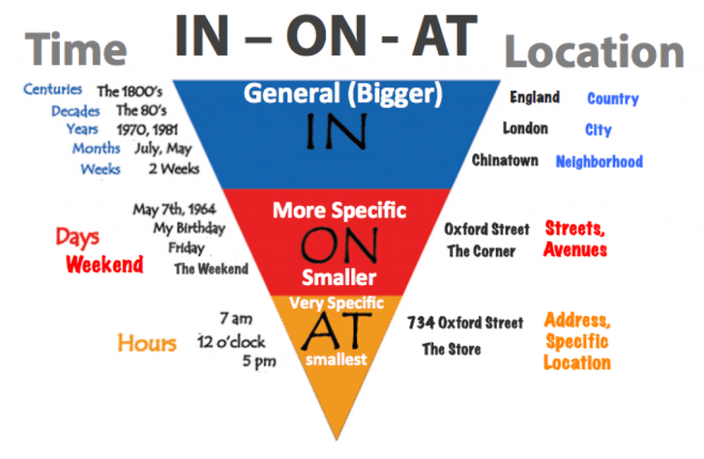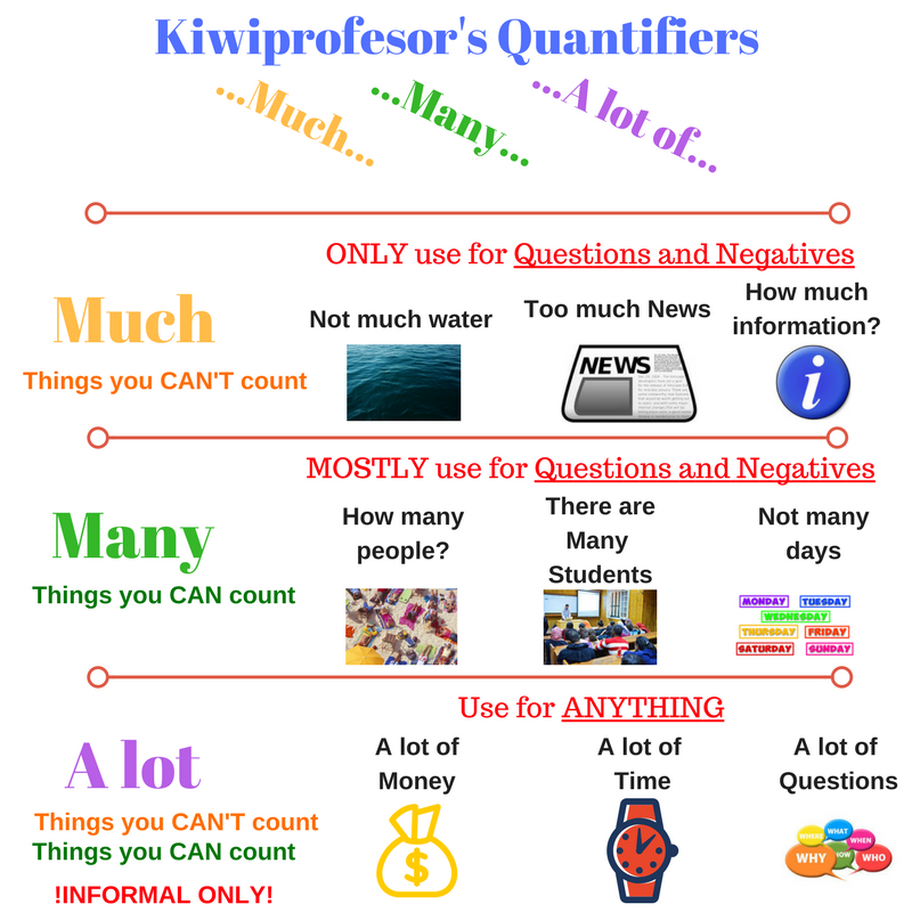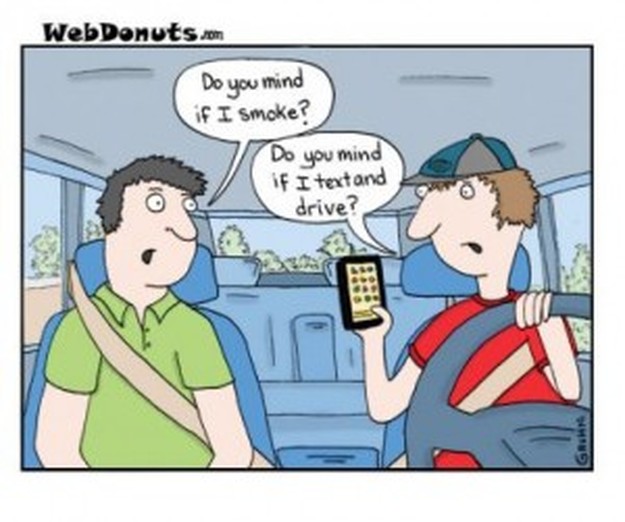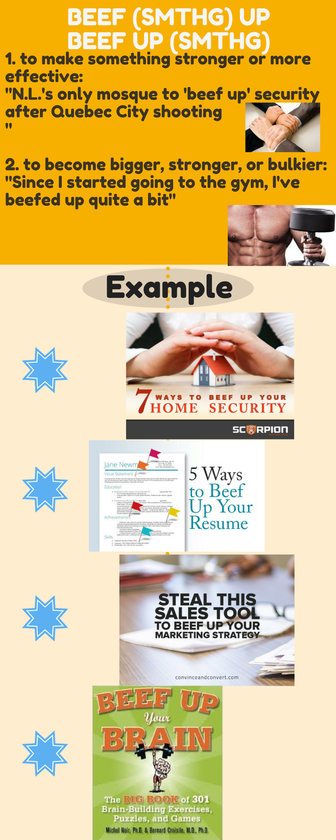The hungry Polar Bear Listening Quiz
Watch this video about a hungry Polar Bear.
Answer the questions, as you go.
Practice Listening, maybe learn some new words, and have fun!
Answer the questions, as you go.
Practice Listening, maybe learn some new words, and have fun!
Watch this journey through life - until Wedding, and learn some (bad) new words.
If you don't like bad words, and/or are easily offended, please DON'T WATCH!
From Wank to Kissing, to Petting, to Fucking, to Wedding!
Wank - to masturbate
Petting - kissing, caressing, non-sexual physical contact
If you don't like bad words, and/or are easily offended, please DON'T WATCH!
From Wank to Kissing, to Petting, to Fucking, to Wedding!
Wank - to masturbate
Petting - kissing, caressing, non-sexual physical contact
Is the internet good or bad?
These days we take the internet for granted.
We share our lives on social media and not just with friends and family.
And that isn’t always a positive thing according to the father of the internet, Tim Berners-Lee.
Listen to this discussion about whether the internet is a good or bad thing - and learn some useful vocabulary too.
This week's question:
When did Berners-Lee first suggest the idea for what would become the World Wide Web? Was it in...
a) 1985
b) 1989
c) 1991
Listen to the programme below, to find out the answer.
Vocabulary
Initially - at first - in the beginning
Neutral - not controlling / not taking any action to control
Anonymity - the state of having a hidden identity or personality
Ameliorate - make a situation better
to tweak - to make a small change
Kudos - praise and appreciation for something someone has done
Transcript
We share our lives on social media and not just with friends and family.
And that isn’t always a positive thing according to the father of the internet, Tim Berners-Lee.
Listen to this discussion about whether the internet is a good or bad thing - and learn some useful vocabulary too.
This week's question:
When did Berners-Lee first suggest the idea for what would become the World Wide Web? Was it in...
a) 1985
b) 1989
c) 1991
Listen to the programme below, to find out the answer.
Vocabulary
Initially - at first - in the beginning
Neutral - not controlling / not taking any action to control
Anonymity - the state of having a hidden identity or personality
Ameliorate - make a situation better
to tweak - to make a small change
Kudos - praise and appreciation for something someone has done
Transcript
In, On, At - 3 tricky little Prepositions
First - listen to this audio to review how to use IN, ON, AT
Next - look at the graphic below, to confirm your knowledge
Then - take the Listening Quiz below, to test your understanding
Finally - go and practice using these prepositions EVERY DAY, and don't be afraid to make mistakes, it's all part of learning and getting better ;)
Next - look at the graphic below, to confirm your knowledge
Then - take the Listening Quiz below, to test your understanding
Finally - go and practice using these prepositions EVERY DAY, and don't be afraid to make mistakes, it's all part of learning and getting better ;)
Much - Many - A lot of : talking about quantities
Now! - let's check if you Got It - take THIS Quiz
Do you mind if I...?
- Do you mind if … = a useful phrase to ask something in a polite way. You could also say: “Is it ok with you if I…?”
- text and drive (phrase): sending a text message while driving at the same time.
Here, the first person asks if he can smoke in the car. Smoking is widely recognized as something that will harm your health. The second person uses the same structure of the sentence with the example of texting and driving. Texting while driving is also very dangerous because you take your eyes off the road. So, the second speaker is saying (sarcastically) that smoking is as dangerous as texting while driving.
Structure:
Structure:
- Do you mind if…?
- Use this structure to make polite requests. For example:
- Do you mind if I open the window?
- Do you mind if we stay home tonight?
- Do you mind if I answer my cellphone?
- Pay attention!, the answer might seem contradictory:
- Do you mind if I open the window?
- No, I don’t [mind] = it’s ok if we open the window
- Do you mind if we go to that place instead?
- No, not at all = it’s completely ok to go there
- Do you mind if we finish as soon as possible?
- Yes, I do, because we need to do it well. = it’s not ok with me to try to finish as soon as possible.
- Do you mind if I open the window?
- Use this structure to make polite requests. For example:
"If you've never failed, you've never tried anything new."
This is an interactive video quiz about "Failure" - watch and answer the questions as you go - have fun!
10 tips for Starting your own business
This is an Interactive Video with Questions.
If you want my feedback on your answers, go HERE to join my class.
If you don't - just continue watching.
At the beginning of the video, you will be asked to think about something.
Then watch the video and it will stop for you to answer questions.
Have fun!
If you want my feedback on your answers, go HERE to join my class.
If you don't - just continue watching.
At the beginning of the video, you will be asked to think about something.
Then watch the video and it will stop for you to answer questions.
Have fun!
The History of Easter - Listening Comprehension Activity
Watch this interesting video about the history of Easter (Holy Week) - answer the questions as you go and have fun!
Learn 13 English words we borrowed from Arabic
The Writers Workshop
The Writers Workshop is a playlist of 22 TED-Ed video lessons to Help YOU Improve your Writing.
You can find lessons on basic topics like how to use punctuation and grammar, plus videos on more difficult topics like how to make your writing funny and how to create fictional worlds.
The videos are from 2 to 6 minutes long, you can find a link to the full lesson under the video - and it's all free...perfect!
You need something just like this?
Relax and Listen to this song by The Chainsmokers & Coldplay, read the lyrics too
How to Learn Spanish in a week - for the desperate
Watch this Interactive Video & answer the questions...
Spin the Wheel & answer the questions - Have fun!
Haz girar la rueda y contesta las preguntas
Interesting Facts about Valentines Day - Quiz
Listen to the audio and follow along with the script below.
Notice the pronunciation, listen and repeat if you want.
Listen as many times as you like - the more the better.
When you are ready, take the Quiz - Good Luck!
Every year on February 14th, Valentine’s Day is celebrated by many couples. Here are five interesting facts about Valentine’s Day that you might not know!
- In Japan, Valentine’s Day is a day when women give dark chocolate to men. While the rest of the world’s men are expected to give presents to their special ladies, it’s the other way around in Japan! Don’t worry though because men are expected to give gifts of white chocolate to women on March 14th. This is known as White Day.
- The average American man spends a little over $100 on their girlfriend or wife on Valentine’s Day. They spend most of that money on buying chocolate, flowers, or a nice evening out at dinner or a movie.
- People are increasingly buying Valentine’s Day presents for their pets! Americans spent about $700 million on presents for their pets on Valentine’s Day in 2015. About 3 per cent of pet owners buy presents for their pets each year.
- People send a total of about 1 billion Valentine’s Day cards ever year. The only holiday where people send more cards is Christmas. A long time ago, it was considered bad luck to sign a Valentine’s Day card.
- In Finland, Valentine’s Day is more of a day for friends. It is a time to get together with your friends, have a small party and enjoy each other’s company. People also give cards and small gifts to their friends but this doesn’t have a romantic meaning. It shows you care about your good friends.
Check out this introduction to Real English - a great website for listening to and watching videos of real English interviews and conversations on the street, specially graded and designed for English Learners of every level.
Learn a new Phrasal Verb and 'beef up' your English!
Blind Beggar - The Power of Words Quiz
1. Watch the Video below.
2. Do the Quiz HERE.
The events below are in RANDOM ORDER - Put them in their correct sequence e.g. 1st,2nd,3rd etc.
Then answer the final question.
1. Watch the Video below.
2. Do the Quiz HERE.
The events below are in RANDOM ORDER - Put them in their correct sequence e.g. 1st,2nd,3rd etc.
Then answer the final question.




